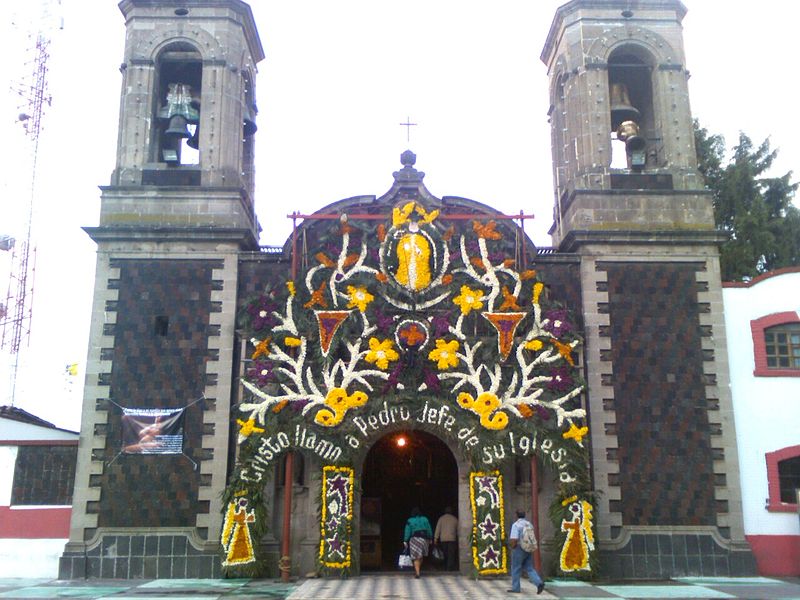
Uno de los pueblos originarios de Cuajimalpa, San Pedro Cuajimalpa fue fundamental para argumentar a favor de la independencia de las comunidades indígenas en toda la región. El Códice Techialoyan de Cuajimalpa fue escrito aquí a finales del siglo XVII para proporcionar evidencia documental de los derechos de la gente a sus tierras. Se aferraron a ese derecho hasta mediados del siglo XIX.
Hoy, San Pedro es uno de esos pueblitos clásicos de la ciudad, con un centro histórico colonial, plaza y mercado. Un teatro al aire libre, el Foro Pedro Infante, se utiliza para los conciertos de primavera y verano y el Museo Pedro Infante presenta objetos y parafernalia de la larga trayectoria del actor. Por otro lado, San Pedro es una comunidad asentada en la montaña y las temperaturas son generalmente algo más frescas que en otras partes del Valle de México.
También está cerca el Museo Miguel Hidalgo y Costilla dentro de la sala de alcaldía Cuajimalpa. Allí encontrarás ejemplares del Códice Techialoyan, entre otros artículos históricos relacionados con la región y sus pueblos.
El pueblo está construido alrededor de la Parroquia de San Pedro Apóstol, la más antigua de Cuajimalpa. Fundado en el siglo XVI, el edificio actual se inició en 1628 y sólo se terminó en 1925. Un friso neoclásico remata una fachada cubierta en su mayoría de piedra roja de tezontle y dos campanarios aún llaman a misa a los fieles. En el interior hay una sola nave y múltiples pinturas al óleo e imágenes de los santos, en particular, de San Pedro.
Con la finalización de la iglesia en la década de 1920, el cementerio circundante también se cerró a nuevos entierros.
Una de las celebraciones más grandes en la Ciudad de México es el carnaval de San Pedro Cuajimalpa. Las festividades comienzan el sábado anterior al Miércoles de Ceniza. Un grupo de hombres llamados Huehuenches se visten de mujeres y con otros trajes realizan una danza relacionada con las que se originaron en partes de Magdalena Contreras. La actuación ha tenido lugar durante más de 70 años.
Los fuegos artificiales se disparan temprano y por la tarde llegan los músicos, cuando las decoraciones cubiertas de flores gigantes se colocan en la entrada principal de la iglesia y en los nichos interiores de los santos. Generalmente hay una feria afuera en la plaza.
Para el domingo, habrá bailarines de Chinelo, Arriero y Conchero, y más músicos. El resultado es una procesión bastante significativa. La feria dura hasta el martes por la noche.
 +52 (55) 2163 2899
+52 (55) 2163 2899
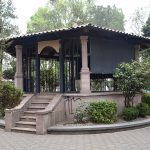
Cercano a 0.05 kms.

Cercano a 0.05 kms.

Cercano a 0.08 kms.
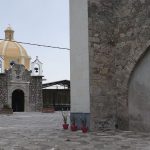
El punto más alto de la ciudad, escarpado y maravilloso.
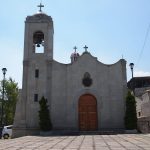
Una historia de ganadería tan escarpada como sus altos árboles y su paisaje montañoso.
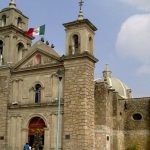
Uno de los pueblos antiguos más escarpados de Cuajimalpa, merece una visita solo por las vistas.
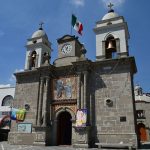
Entre las escarpadas colinas de Cuajimalpa, uno de los asentamientos originarios continúa existiendo de forma espectacular.